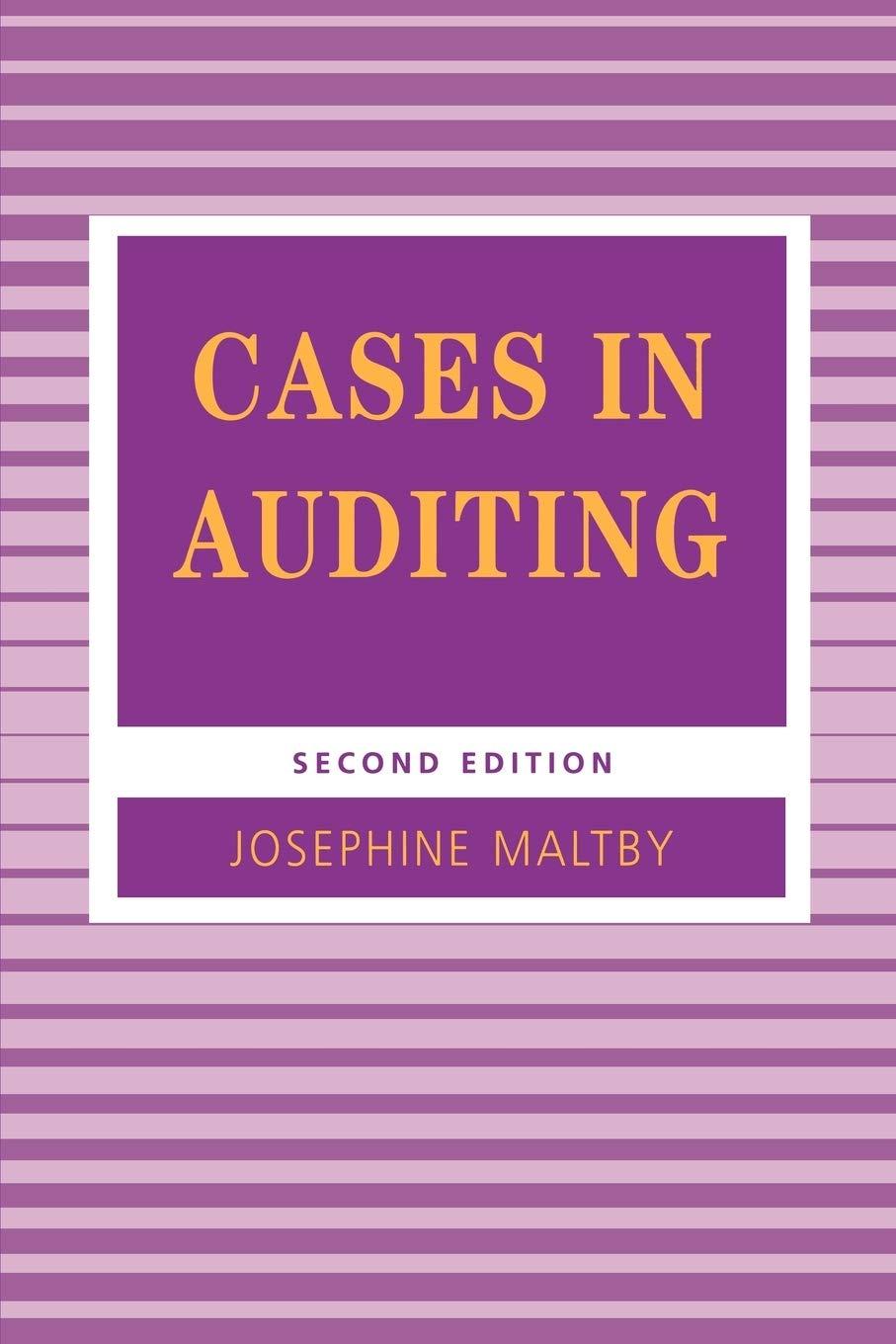Question
1. A arm's length transaction, which would be reflected in the consolidated financial statements, would include: a. A loan to the president of the subsidiary
1. A arm's length transaction, which would be reflected in the consolidated financial statements, would include: a. A loan to the president of the subsidiary company b. The purchase of material from a supplier abroad c. The sale of fixed assets that are no longer needed to the subsidiary d. Sales of inventory to a subsidiary
2.When affiliated companies sell on credit the trade balances, intercompany receivables and payables a. appear only on the books of the parent consolidated statements b. appear only on the books of the subsidiary in consolidated statements c. appear on the books of boththe parent and subsidiary in consolidated statements d. do not appear on consolidated statements
3.The equity method of accounting for investments would be applied in which situation: a. when 20-50% of preferred stock is owned b. when a threshold of 15-20% ownership of common stock is met c. when consolidation is impracticable d. when less than 20% of common stock is owned, if the investor can excericise significant influence over investee operations
4.A firm has purchased, for 50,000 FCs, an electric generator from a foreign firm. The exchange rates were 1 FC = $0.90 on the delivery date and 1 FC = $0.76 when the payable was paid. What is the final recorded value of the generator if the two-transaction method is used? a. 38,000 b. 40,000 c. 45,000 d. 50,000
5.Assuming that the functional currency of a foreign subsidiary is not the local currency, which of the following accounts would be re-measured at the historical rate? a. accounts payable b. long term notes payable c. land d. sales revenue
6.You have just been hired by ABC Inc. and are preparing consolidated statements. The company has had some difficult financial problems lately and they expect you to help them solve their financial problems. You would be acting ethically if: a. Does not eliminate any intercompany transactions in the consolidation process b. Does not eliminate any intercompany transaction in the consolidation process, including inter-company profit not realized c. Eliminates all transactions between companies in the consolidation process, including the unrealized inter-company profit d. Eliminates intercompany transactions in the consolidation process but does not eliminate the unrealized inter-company profit since it has not been carried out
7.In a lump-sum liquidation of a partnership a. all assets are paid to the partners based on their initial contribution, with the oldest partnering beign paid back first b. all assets are paid to the partners based on an equal distribution regardless of when the partner was admitted to the partnership c. all assets must be realized before any distribuition can be made d. all assets are paid to the partners, at the fair market value at the time they were initial donated to the partnership
8.When a partner withdraws from a partnership and the remaining partners acquire that interest a. this may have an effect on the liquidity of the partnership b. this will increases the cash flow into the partnership c. this will always create goodwill for an amount equal to the withdrawing partner's original interest in the partnership d. this will cause all assets to be written down to affset the acquisition cost of the withdrawing partner's interest at the time of the withdraw
9.You are the controller of A company that has just recently merged with B company. You are asked to communicate with top management on how you would account for the merger. While you are doing some research you find an old accounting textbook left on the bookshelf by your predecessor who retired after 30 years. Based on your readings in this book you are thinking about using the pooling method for this transaction. This method a. requires assets only to be recorded at historical costs and liabilities at fair value b. requires all assets to be recorded at historical cost c. requires all assets and liabilities to be recorded at fair value d. is no longer an acceptable method
10.The equity method of investment accounting would apply in which situation: a. When 20-50% of preferred shares are owned b. When a threshold of 15-20% of the ownership of ordinary shares is reached. c. When consolidation is impracticable. d. When less than 20% of the ordinary shares are owned, if the investor can exercise a significant influence over the operations of the investees.
Step by Step Solution
There are 3 Steps involved in it
Step: 1

Get Instant Access to Expert-Tailored Solutions
See step-by-step solutions with expert insights and AI powered tools for academic success
Step: 2

Step: 3

Ace Your Homework with AI
Get the answers you need in no time with our AI-driven, step-by-step assistance
Get Started


